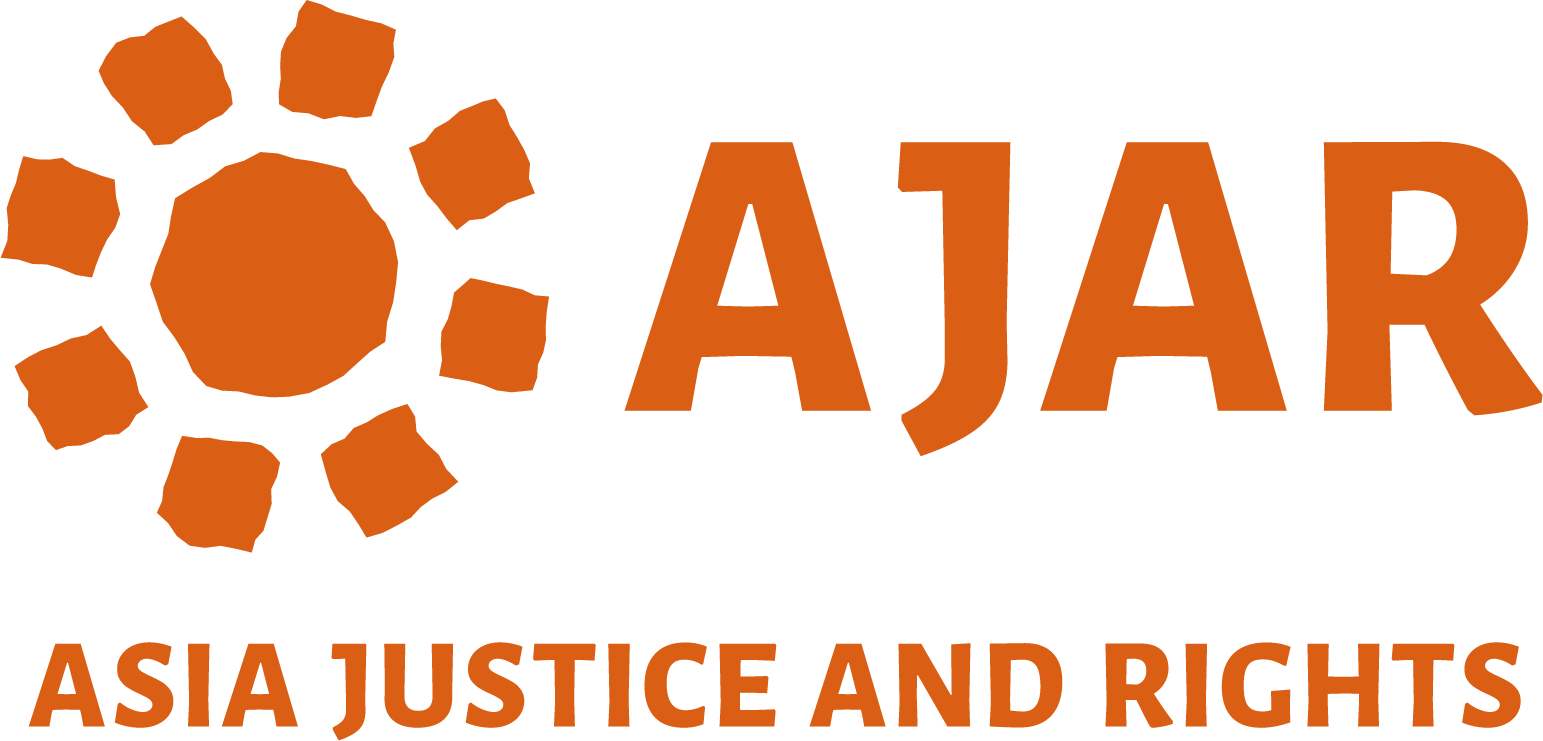Establishing the truth about what happened and who is responsible for serious crimes helps communities to understand the causes of past abuse and end it.
Without accurate knowledge of past violations, it is difficult for a society to prevent them from happening again. The truth can assist in the healing process after traumatic events; restore personal dignity, often after years of stigmatisation; and safeguard against impunity and public denial. Establishing truth can initiate a process of reconciliation, as denial and silence can increase mistrust and social polarisation. A political order based on transparency and accountability is more likely to enjoy the trust and confidence of residents and citizens.
 The Concept
The Concept
The concept of a right to the truth owed to the victims of human rights violations and their families has taken on increasing importance in recent decades. Historically, this concept finds its roots in international humanitarian law, in particular, in regard to the right of families to know the fate of their relatives, together with the obligation of parties to armed conflict to search for missing persons.
The right to the truth is important because it:
- helps establish an accurate record of a country’s past
- clarifies uncertain events
- lifts the veil of silence & denial from a contentious, painful period of history
- addresses issues of recognition and ownership of historical narrative
- helps prevent similar violations from happening again o is a first step towards justice and accountability.
The Scope
The updated Set of principles for the protection and promotion of human rights through action to combat impunity (E/CN.4/2005/102/Add.1) (hereinafter Set of Principles) reaffirm the inalienable right to know the truth vis-à-vis gross human rights violations and serious crimes under the international law.
Principle 2 declares that “[e]very people has the inalienable right to know the truth about past events concerning the perpetration of heinous crimes and about the circumstances and reasons that led, through massive or systematic violations, to the perpetration of those crimes”.
Principle 4 articulates that “[i]rrespective of any legal proceedings, victims and their families have the imprescriptible right to know the truth about the circumstances in which violations took place and, in the event of death or disappearance, the victims’ fate”.
Principle 1 states that it is an obligation of the State “to ensure the inalienable right to know the truth about violations”.
Aspects of the Right to the Truth
The right to the truth applies to serious violations of human rights, but is most explicitly recognised in regard to enforced disappearances. Certain aspects are increasingly accepted at the international level:
- It is linked to the right to a remedy, including the right to an effective investigation, verification of facts, and public disclosure of the truth; and the right to reparation.
- Victims and their families have the imprescriptible right to know the truth about the circumstances in which human rights violations took place.
- It is connected to the right of relatives and communities to commemorate and mourn human loss in forms that are culturally appropriate and dignified.
- In addition to individual victims and their families, communities and society at large also have the right to know the truth about human rights violations.
- Some legal systems consider the right to the truth to be integral to the enjoyment of freedom of information and freedom of expression.
- Amnesty for perpetrators cannot be invoked to prevent the prosecution of certain international crimes, including crimes against humanity, genocide, and certain war crimes. As such, the prohibition against granting amnesty for such crimes relates to the right to truth insofar as it relates to verification of the facts in question.
- The state has a duty to preserve documentary evidence for commemoration and remembrance, and protecting and ensuring adequate access to archives with information on violations.
Pursuing the Right to the Truth
The right to the truth should be pursued through both judicial and nonjudicial proceedings. The state should attempt to establish the truth about abuses and violations regardless of whether criminal trials are immediately possible.
Knowing the truth “to the fullest extent possible” includes attempting to establish:
- The identity of perpetrators
- The causes that led to abuses
- The circumstances and facts of violations
- The ultimate fate and whereabouts of victims in the event of enforced disappearances
[Sources: Eduardo González and Howard Varney, eds., Truth Seeking: Elements of Creating an Effective Truth Commission. Brasilia: Amnesty Commission of the Ministry of Justice of Brazil; New York: International Center for Transitional Justice 2013]
